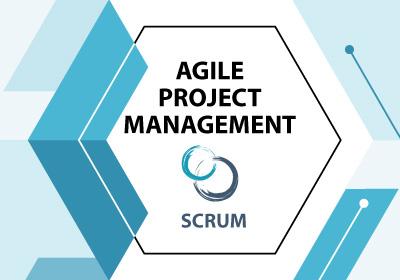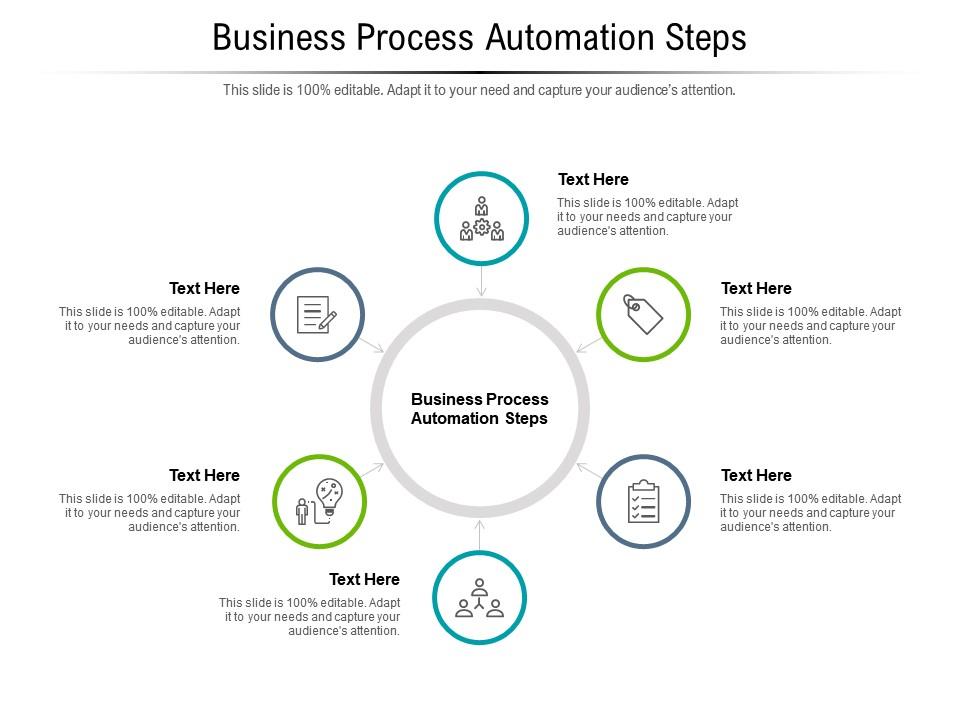
Unlocking Efficiency: Agile Project Management Unveiled
In the fast-paced world of project management, where adaptability and responsiveness are paramount, Agile Project Management has emerged as a transformative methodology. This approach goes beyond traditional project management, emphasizing flexibility, collaboration, and iterative progress.
Foundations of Agile: A Paradigm Shift
At the heart of Agile Project Management is a paradigm shift in how projects are approached. Unlike traditional methodologies that rely on extensive planning upfront, Agile embraces uncertainty and welcomes changes even late in the project lifecycle. The focus is on delivering a minimum viable product quickly and refining it through continuous feedback.
Scrum Framework: Embracing Iterative Development
One of the most widely adopted frameworks within Agile is Scrum. Scrum divides the project into short development cycles called sprints, typically two to four weeks long. Each sprint delivers a potentially shippable product increment, allowing for continuous inspection, adaptation, and stakeholder feedback.
Cross-Functional Collaboration: Breaking Silos
Agile Project Management emphasizes cross-functional collaboration. In traditional approaches, roles are often siloed, leading to communication barriers. Agile breaks down these silos, promoting collaboration among team members with diverse skills. This approach enhances problem-solving, innovation, and collective ownership of project outcomes.
Prioritizing Customer Value: Delivering Incremental Benefits
In Agile, the focus is on delivering value to the customer in every iteration. By prioritizing features based on customer needs and feedback, Agile Project Management ensures that the project continuously aligns with customer expectations. This iterative delivery of value fosters customer satisfaction and allows for adjustments based on evolving requirements.
Adapting to Change: A Core Agile Principle
Change is inevitable in any project, and Agile acknowledges this reality. Rather than resisting change, Agile Project Management welcomes it as a natural part of the development process. This adaptability enables teams to respond quickly to shifts in priorities, market conditions, or stakeholder requirements.
Continuous Improvement: The Agile Mindset
The Agile mindset revolves around the principle of continuous improvement. After each iteration, teams reflect on their performance, identify areas for enhancement, and implement changes in the subsequent sprints. This iterative refinement process ensures that the team is always learning and evolving, leading to greater efficiency over time.
Challenges and Solutions: Navigating the Agile Journey
While the benefits of Agile Project Management are substantial, challenges can arise during implementation. These may include resistance to change, difficulty in estimating timeframes, or cultural barriers within organizations. Addressing these challenges requires effective communication, training, and a commitment to the Agile principles.
Scaling Agile: Beyond Small Teams
Agile methodologies were initially designed for small, co-located teams. However, as the popularity of Agile grew, organizations sought ways to scale its principles for larger, distributed teams. Frameworks like the Scaled Agile Framework (SAFe) and Large-Scale Scrum (LeSS) provide guidance on implementing Agile at scale while maintaining its core principles.
Agile Project Management in Practice: Real-World Success Stories
Numerous organizations across industries have embraced Agile Project Management and witnessed transformative outcomes. From software development to marketing campaigns, Agile has proven its versatility. Real-world success stories showcase how Agile principles enhance collaboration, shorten time-to-market, and deliver products that better meet customer needs.
For a deeper exploration of Agile Project Management and its impact on project delivery, check out this insightful article on Agile Project Management. Stay informed, embrace adaptability, and unlock the efficiency and innovation that Agile Project Management can bring to your projects.



